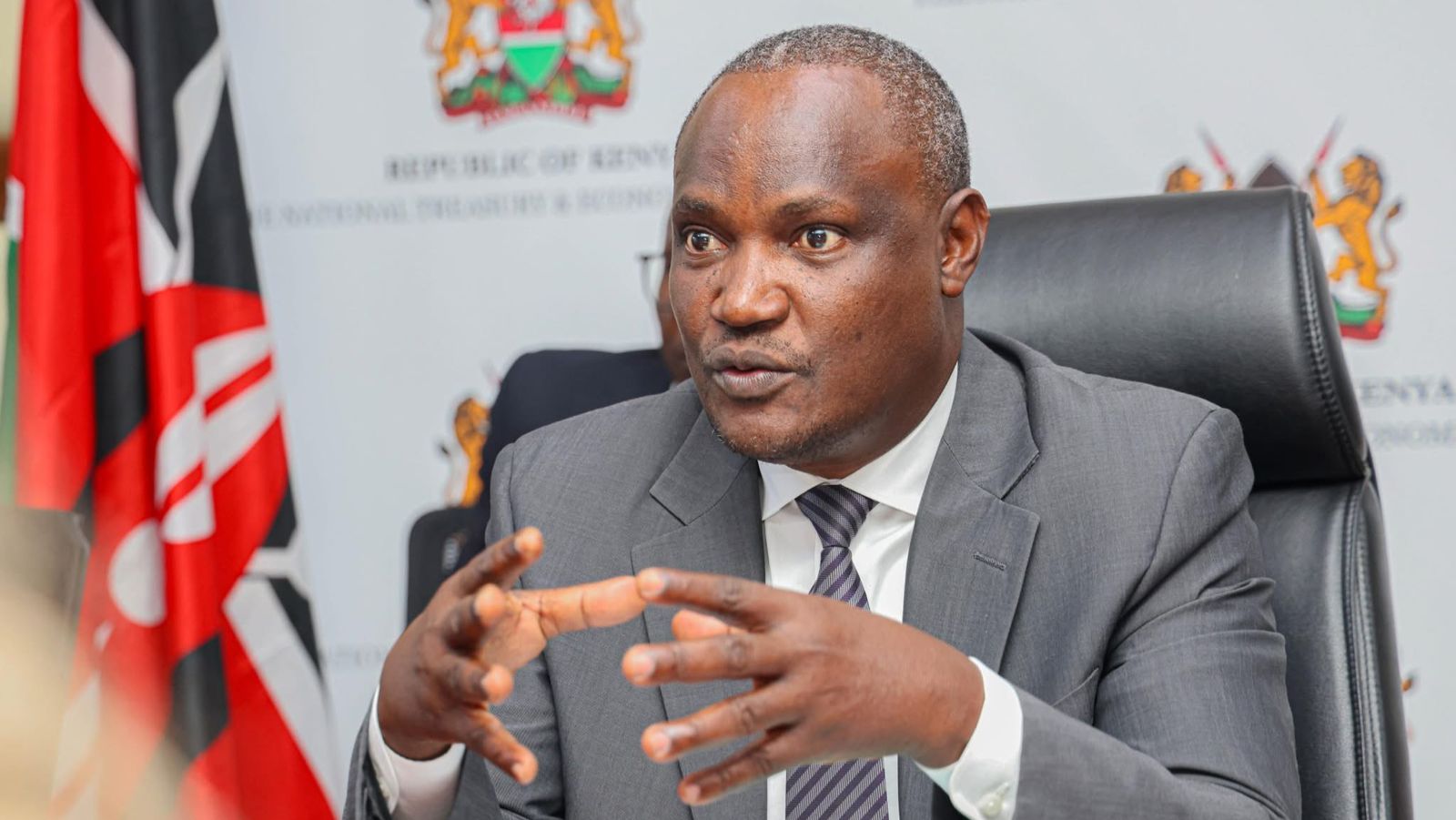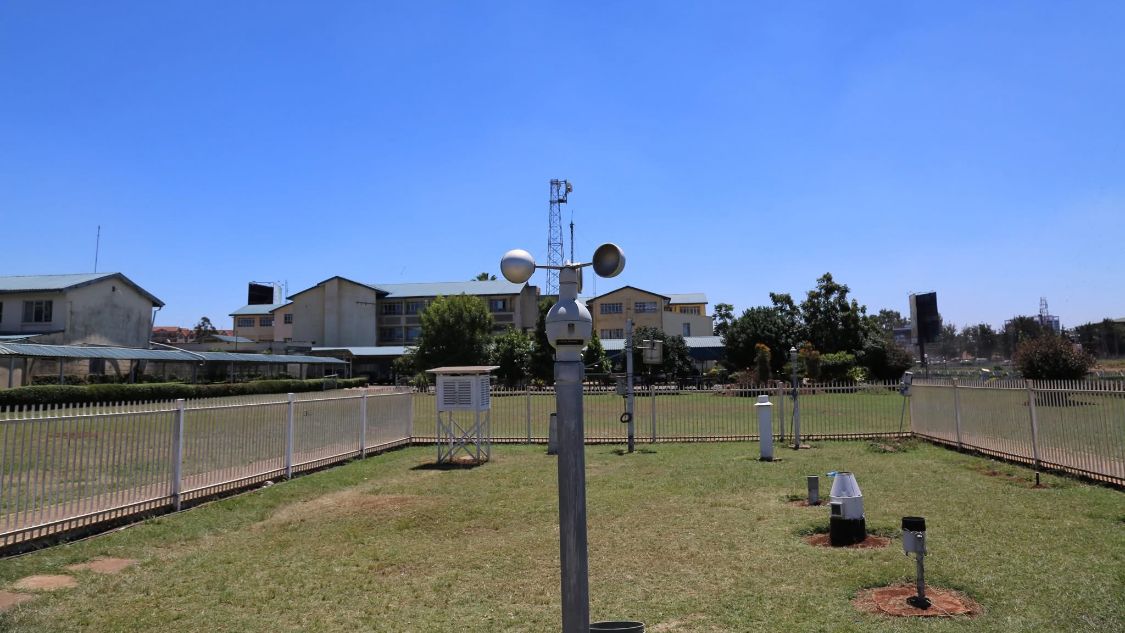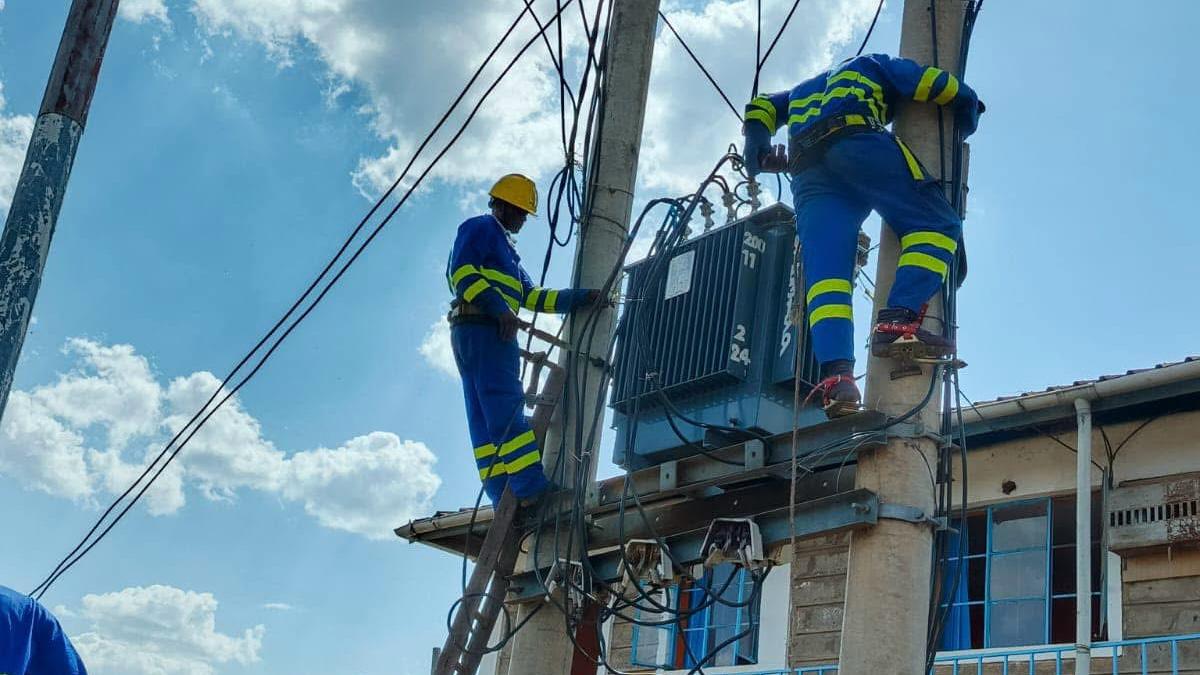The National Treasury has dismissed allegations of currency manipulation, affirming that the Kenya Shilling’s stability is a reflection of economic management and trust in the country’s financial policies.
During a meeting with the Swedish Ambassador to Kenya on Wednesday, November 5, Cabinet Secretary John Mbadi pointed out the importance of investor trust and consistent policy implementation in maintaining market confidence.
"Cabinet Secretary John Mbadi has reiterated the resilience of the Kenya Shilling, dispelling claims of currency manipulation and attributing its sustained stability to robust economic fundamentals.
"Speaking during a courtesy call by the Swedish Ambassador to Kenya, Håkan Åkesson, at his Treasury Building office, the Cabinet Secretary observed that the steadiness of the shilling reflects prudent macroeconomic stewardship and growing investor confidence in Kenya’s economic trajectory," the Ministry said in a statement.

Read More
Mbadi further attributed the currency’s current stability to increased remittance inflows, stronger export performance, and policy reforms that have diversified the country’s foreign exchange sources.
"Mbadi said that the currency’s strength is underpinned by an 8 percent surge in diaspora remittances, improved export earnings, and recent reforms enabling the procurement of fuel without exclusive dependence on the U.S. dollar, through G to G arrangement, a development that has eased pressure on foreign exchange," the Ministry added.
This comes months after Mbadi explained the various levy affecting fuel prices following uproar over the hike earlier in the year.
Speaking during an address on Wednesday, July 16, Mbadi noted that the currently disputed Road Maintenance Levy Fund (RMLF) has remained unchanged and continues to serve its original purpose.
"That Ksh 18 has not been touched by the government because we know it is being used to maintain our roads," he stated.
However, Mbadi clarified that the additional Ksh7 introduced to the levy was repurposed to address pressing issues in the infrastructure sector, specifically to settle debts owed to road contractors.
"We had a choice to continue misusing this additional 7 shillings, putting it on maram roads across the country, which we don't even see value for after some time, or use it to get the road contractors back on the road. And that is the route we took," he noted.
Mbadj explained that contractors had downed their tools due to pending bills amounting to Ksh130 billion, further defendinf the move as a practical solution to revive stalled infrastructure projects without overstretching the fiscal budget.
"If you use even half of that money this financial year and add it to our normal budget of about Ksh57 billion, you’ll have over Ksh120 billion. You will pay all the certificates for the whole financial year," he asserted.






